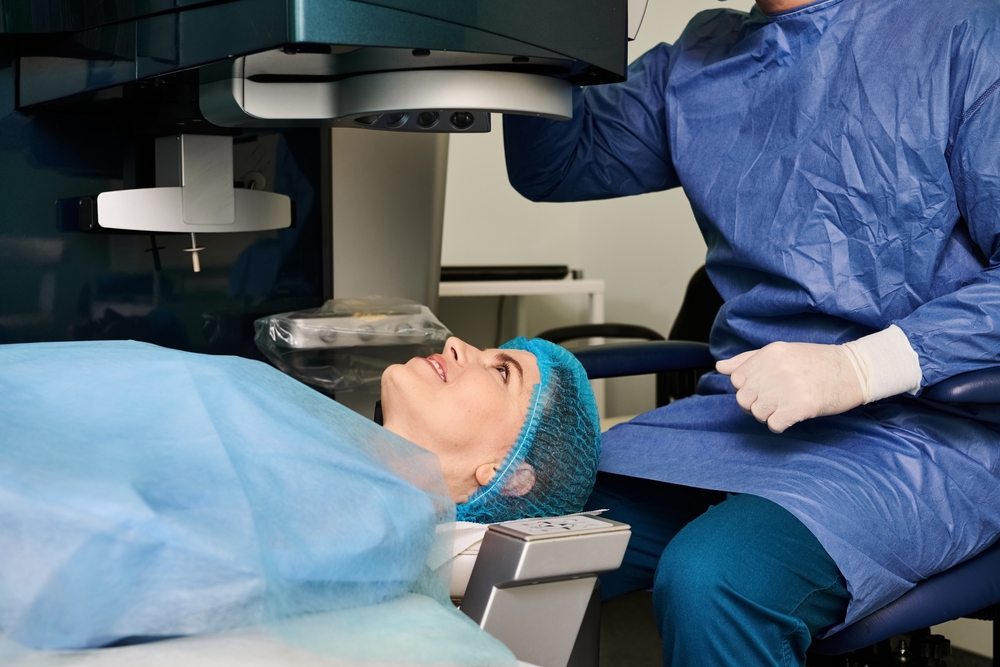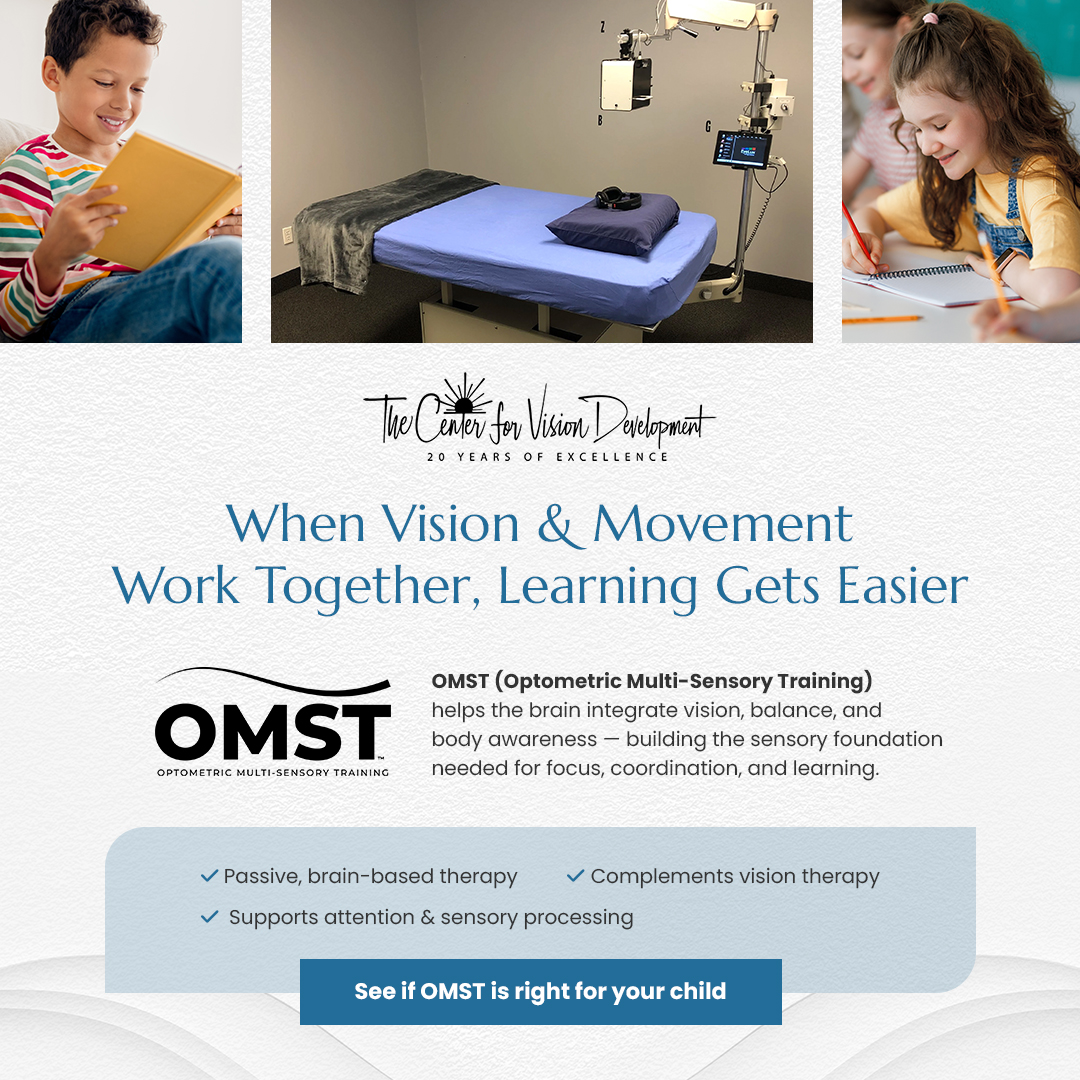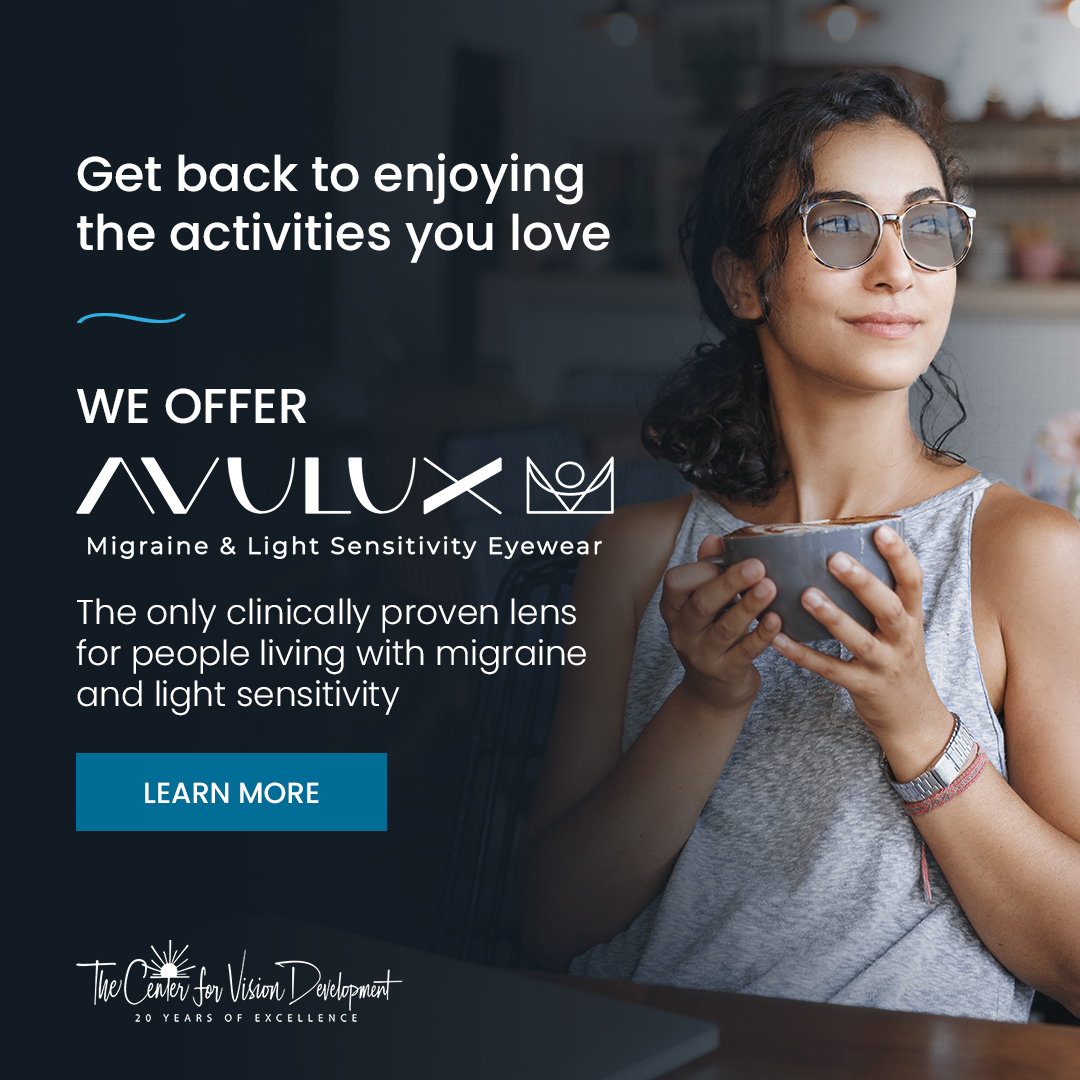
We are excited to offer a new breakthrough therapy at The Center for Vision Development starting this summer: Optometric Multi-Sensory Integration Training (OMST). This innovative program uses a unique combination of therapies to support brain recovery and sensory regulation, particularly for individuals recovering from concussions or facing challenges related to sensory processing. By addressing both conscious and subconscious brain functions, OMST helps patients improve focus, emotional balance, and engagement in daily life.
What is OMST?
OMST is an innovative rehabilitation program that combines multiple sensory inputs to help the brain better regulate and respond to its environment. It integrates optometric vision therapy with subconscious therapies, including light stimulation, vestibular input, auditory activation, and somatosensory feedback. This powerful combination creates a therapeutic experience that supports a concussed or developmentally delayed brain in organizing and prioritizing sensory information more efficiently.
A brain affected by concussion or sensory processing disorders often struggles to filter and fine-tune information from the world around it. Everyday environments can feel overwhelming, leading to frustration, fatigue, and emotional distress. OMST aims to restore the brain's ability to manage sensory input in a more balanced and controlled way.
How the Process Works
OMST is conducted in a structured format that includes 12 in-office therapy sessions over the course of 14 days or less. These intensive sessions are followed by 18 days of guided therapy at home. If needed, patients may return for individualized booster sessions.
The treatment environment is carefully controlled to ensure that stimulation is delivered safely and effectively. As the brain begins to re-establish proper sensory regulation, patients often experience significant improvements in focus, emotional regulation, and participation in other therapeutic or academic activities.
What to Expect During Treatment
Due to its deep neurological impact, some participants may undergo what is known as neuro-retracing. This temporary re-emergence of past symptoms or emotional responses is a sign that the brain is revisiting incomplete healing patterns. While these symptoms may be uncomfortable, they are often a positive indication that deeper healing is occurring and that long-term improvements are on the horizon.
OMST for Children and Developmental Delays
OMST is not limited to concussion recovery. It has also shown strong clinical results in children facing developmental delays related to sensory processing, anxiety, ADHD, and autism spectrum disorders. These children often struggle with modulation, the brain's ability to respond appropriately to sensory input. OMST helps them develop this foundational skill, often resulting in noticeable improvements in confidence, calmness, and the ability to participate more fully in school, social settings, and vision therapy.
Ready to Take the Next Step?
OMST represents a powerful new direction in neuro-optometric care, blending multiple sensory therapies to support the brain’s natural ability to heal and adapt. Whether you're recovering from a concussion or seeking support for a child with sensory processing challenges, OMST offers a comprehensive and science-backed approach to long-term improvement.
Contact The Center for Vision Development to schedule a consultation and be among the first to experience Optometric Multi-Sensory Integration Training this summer. Visit our primary location in Annapolis, Maryland, or call (410) 268-4393 to book an appointment today.











